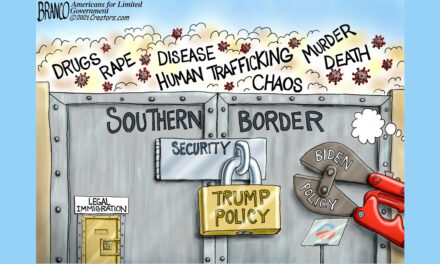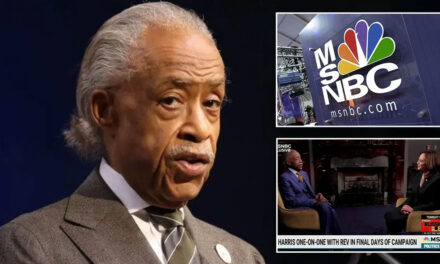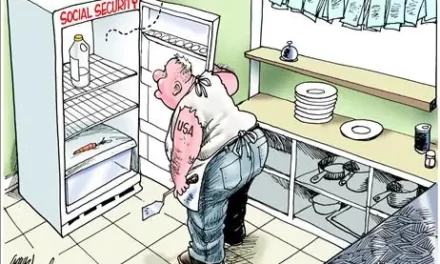
New Jersey Fights for Legal Sports Betting
The Supreme Court is gearing up to hear a case on whether New Jersey will be allowed to conduct legal sports gambling.
Federal law currently bans sports gambling in all but four states: Oregon, Nevada, Delaware, and Montana.
New Jersey argues that the federal ban violates the 10th Amendment by allowing some states to bet on sports while banning others. Eighteen states have filed briefs supporting New Jersey’s argument.
New Jerseyans voted to approve sports gambling in a 2011 referendum, but a group of sports leagues – the NFL, NCAA, MLB, NBA, and NHL – sued to stop Governor Chris Christie’s administration from implementing it.
New Jersey already pulls in over $3 billion per year through its casinos, making it the sixth largest gaming market in the US.
Support for the legalization of sports betting in New Jersey is largely bipartisan. Supporters include Governor Chris Christie (R) and Governor-elect Phil Murphy (D).
The main opponents are the big sports leagues, who have long argued that gambling threatens the integrity of the game.
NBA Commissioner Adam Silver and MLB Commissioner Rob Manfred are two exceptions, with the latter arguing that sports leagues should help shape the future of sports betting rather than continue to oppose the inevitable.
The Supreme Court is planning to hear the case on December 4th despite contrary advice from Trump’s solicitor general, Noel Francisco. SCOTUS’s decision to ignore Francisco’s advice could suggest the court is planning to lift the ban in some form.
“That could mean entirely scrapping federal restrictions, or leaving it to states to lift their own prohibitions, as New Jersey has already done,” reports the Daily Record.
The underground sports betting economy in the US is worth an estimated $400 billion, but the case is about more than that. The Supreme Court’s decision could affect states’ rights battles in areas such as immigration, gun control, and sanctuary cities.
“It is the most important federalism case the Supreme Court has heard in many, many years,” says gaming and sports law attorney Daniel Wallach, who believes SCOTUS will rule in favor of New Jersey. “Anybody watching from the sidelines can see the writing on the wall.”
A final ruling is not expected for months after the arguments, but racetrack and casino operators are so confident that they are already making preparations and building facilities.
Last week, MGM announced plans to build a $7 million sportsbook at the Borgata casino in Atlantic City.
“The Atlantic City casinos can’t wait until April to get their plans in order,” says Wallach. “They have to prepare now. This controversy is rounding third base right now. It’s almost over.”
Editor’s note: New Jersey should be careful what it wishes for. If the Supreme Court rules that anyone can offer sports betting, then both Nevada and New Jersey may lose out as other states legalize it, and the action goes elsewhere.



























If ya'll say so, E.D., then it must be so. MSNBC vs PBP challenge and compare. Scandals, they pop up…
Whoops, I meant Robert.
I was referring to Roger being mentally unhinged. He's the one that was ranting. Hell, I support Trump. I don't…
Your daughter
I noted in another post that if I were king of the forest....... I would pardon all the non-violent 1/6…